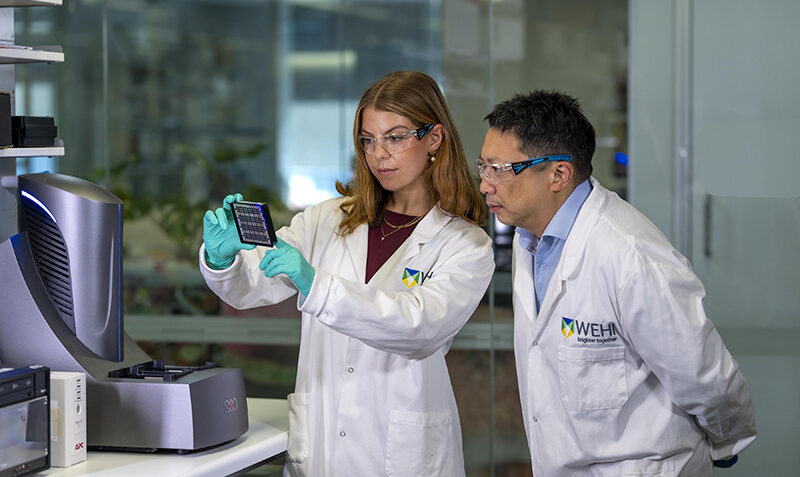A new blood test may soon allow people with coeliac disease to get a diagnosis without eating gluten – a major breakthrough for sufferers of the condition.
Researchers from the Walter and Eliza Hall Institute (WEHI) in Australia have developed a test that can detect coeliac disease using a simple blood sample, even if the person is on a strict gluten-free diet. Their findings were published in the journal Gastroenterology.
At present, individuals with suspected coeliac disease must undergo a gluten challenge – eating foods containing gluten for several weeks – before testing can confirm the diagnosis. This often leads to severe discomfort, prompting many to avoid the process entirely.
Coeliac disease is a serious autoimmune disorder in which gluten – a protein in wheat, rye and barley – triggers the immune system to attack the gut lining. If left untreated, it can cause long-term complications such as weakened bones, reproductive problems, and an increased risk of intestinal cancers.
According to Coeliac UK, around one in 100 people in the UK are affected, but fewer than four in ten are formally diagnosed.
The new test detects an immune molecule called interleukin-2 (IL-2), which rises sharply when blood from a coeliac patient is exposed to gluten in a lab. Notably, this reaction is measured outside the body, meaning the patient does not have to eat gluten themselves.
Read Also: NAFDAC warns on fake Healmoxy 500mg Capsules in Cameroon, CAR
The research team tested blood from 181 volunteers, including individuals with diagnosed coeliac disease, gluten sensitivity, and healthy controls. The test demonstrated a high level of accuracy – identifying the condition with up to 90% sensitivity and 97% specificity.
“This test could be a game-changer. “It’s a major step towards faster, safer diagnosis,” said Associate Professor Jason Tye-Din, Head of WEHI’s Coeliac Research Laboratory.
Lead researcher and PhD candidate Olivia Moscatelli, who has coeliac disease, highlighted that the test also proved reliable in patients with coeliac disease who also have other autoimmune conditions, such as type 1 diabetes and Hashimoto’s thyroiditis.
WEHI is now partnering with Novoviah Pharmaceuticals to further assess the test’s reliability across broader and more diverse populations.
If successfully adopted into clinical settings, this method could pave the way for faster, safer, and more accessible coeliac disease diagnoses across the globe.



